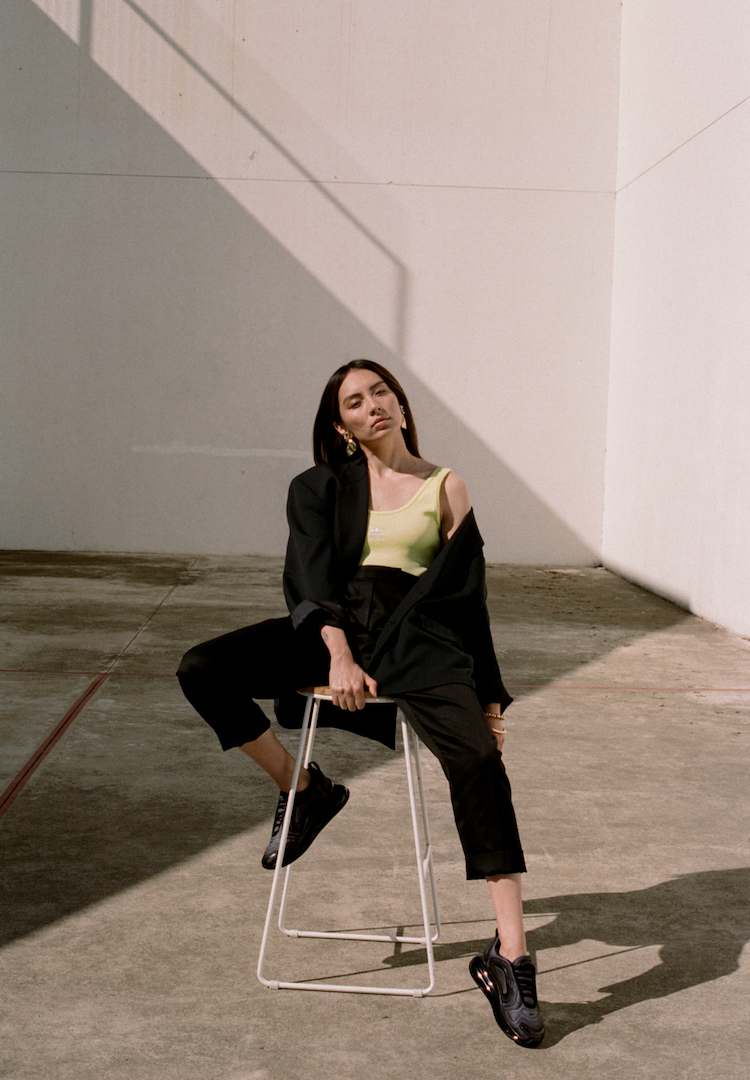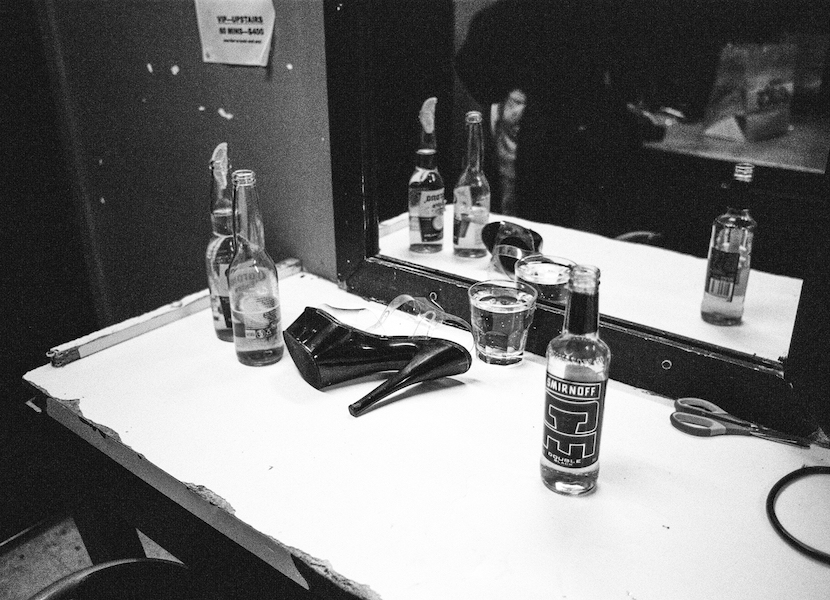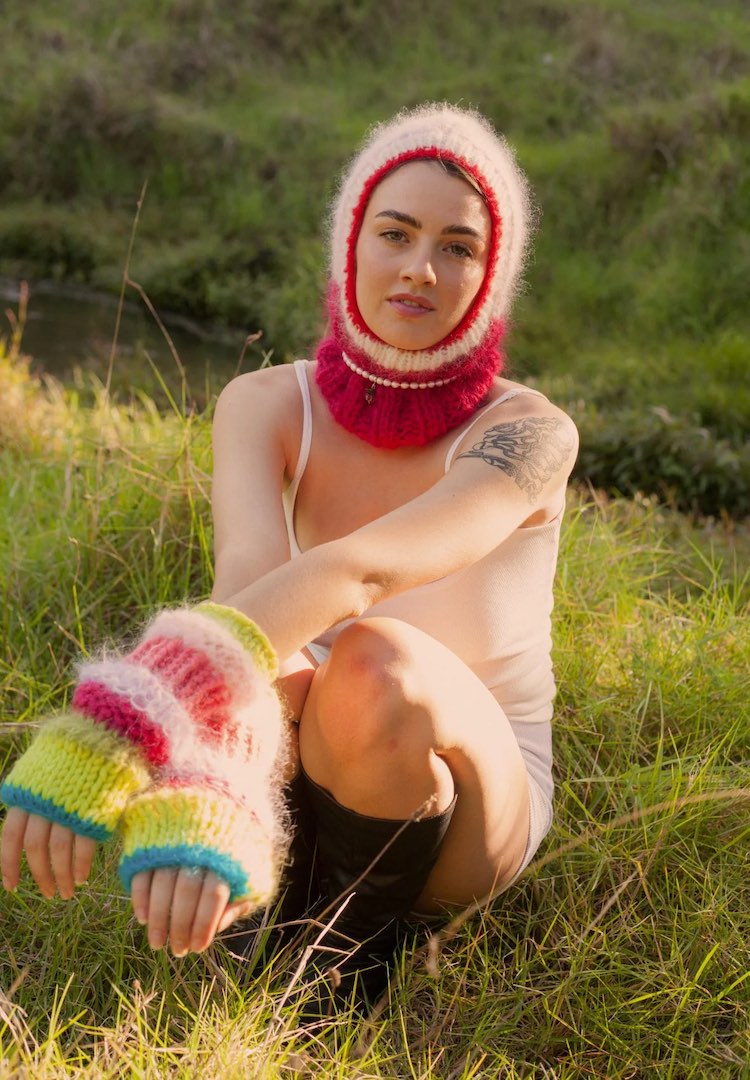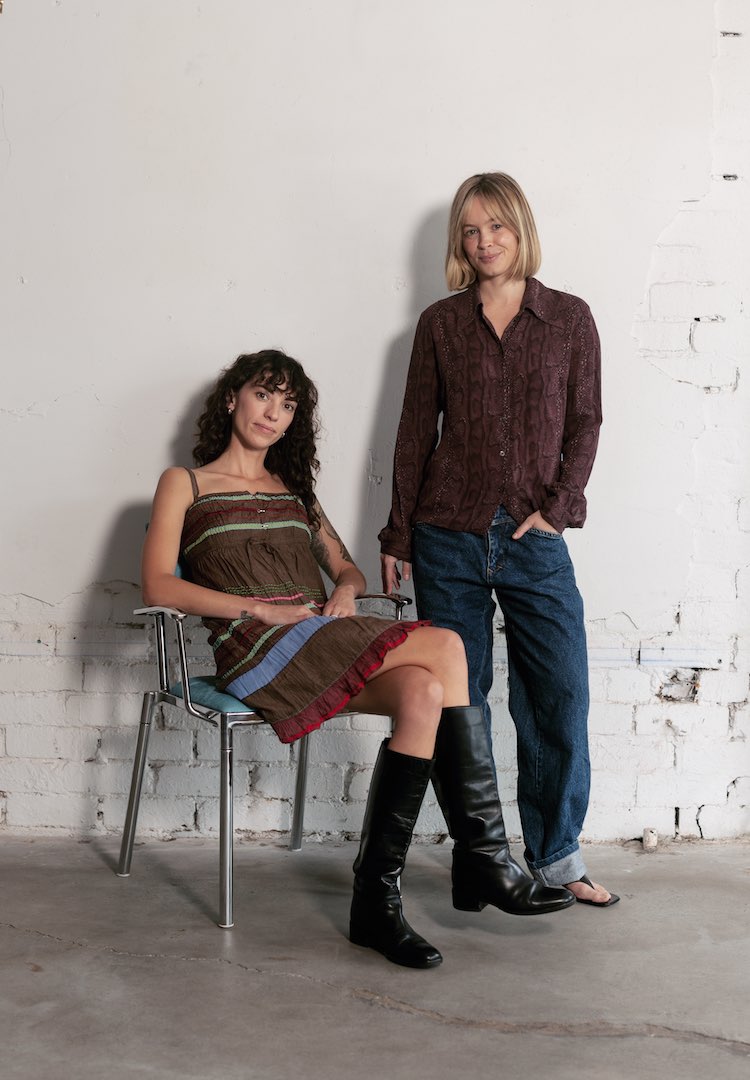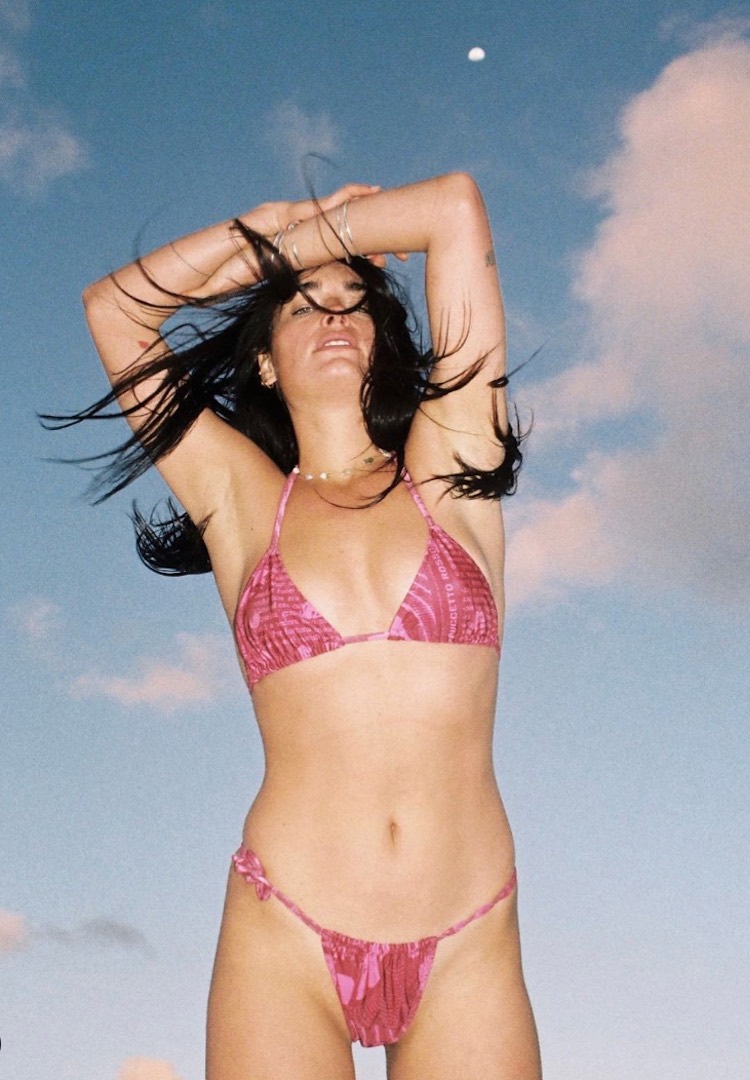I’m an Australian sex worker, here’s how the pandemic has affected my industry
WORDS BY NATASHA
Photography by @ladyslobberin
Four women’s struggles in the face of COVID-19.
It was the middle of March, and I was getting ready in the change rooms for my usual weeknight shift. Instead of the usual chatter about partners, customers and upcoming holidays, there were whispers about coronavirus (or COVID-19?) spreading, and strip clubs around the world closing down. “Maybe I’ll do some extra shifts in case we have to close for a couple of weeks,” I thought to myself.
- The coronavirus lockdowns in Australia, particularly in Melbourne, have cost the sex industry millions of dollars
- Many sex workers have been unable to access JobSeeker or JobKeeper payments and have had to rely on donations from organisations like Scarlett Alliance, a sex worker association
- Many sex workers have shifted their work to online platforms like OnlyFans to continue earning an income during the pandemic
The club was getting quieter and quieter as each week went by. I found myself keeping a distance from customers, facing away from them as much as possible during dances. The fear of this virus was starting to get real. After struggling to make money all night, I admitted defeat and headed to the change rooms.
I sat down and counted my money – only $30 profit after paying my $80 house fee for the night. I kicked off my seven-inch pleasers, had a long shower to remove every inch of makeup and instant tan from my body, got dressed back into my normal clothes and jumped into an uber home. Little did I know that it would be my last shift for a very long time.
To read more personal accounts and experiences likes this, head to our Life category.
A few days later the government announced the ban on indoor gatherings of over 100 people. My club had over 100 girls working on Friday and Saturday nights, plus staff and hundreds of customers on top of that. Things were not looking good. My weekend shift got cut and I started to panic. A few hours later I was notified that the club was being forced to shut down. Not long after, Victoria went into stage three restrictions and I found myself stuck at home with no income.
2020 was meant to be my year. I was working at one of the best clubs in Melbourne, completing my final year of uni and living in a trendy flat in Fitzroy. Late brunches, nights out and holidays were a regular part of my routine. But in a matter of days, my life was crumbling before me.
Job and financial insecurity isn’t anything new for sex workers as we rely on customers and making it onto the roster to earn a decent income. We aren’t paid by the hour or given a permanent contract like most jobs. But this time the uncertainty was on a whole new level. It wasn’t just one bad night – it was affecting the entire industry.
In an industry full of migrants, uni students and workers who are paid in cash, it was unclear if we were eligible for government payments. Lots of us feared that having too many assets, high-earning partners, being on a visa, or failing to do our tax could potentially hold us back from payments. Businesses refusing to take cash as payment was another concern for us.
Most sex workers are sub-contracted by the venue, so we are seen as self-employed and were expected to apply for JobKeeper ourselves. It was a very confusing and complicated process with many tears and calls for help. Thankfully, the asset tests for Centrelink were removed and my accountant helped me get onto JobKeeper, but my heart goes out to all the workers who didn’t meet the requirements.
The rules around what sex workers are allowed to do through different stages of restrictions have also been a grey area. We are often left in the dark and are the last ones to know whether we can continue to work. This lack of communication increases our risk of getting fined if we get the rules wrong, not to mention the workers who have no choice but to break rules so they can pay their rent.
I soon realised that I couldn’t continue my flashy lifestyle on a Centrelink budget. After rent, bills and groceries, there wasn’t much money left behind. I made the hard decision to move back to a cheap house in the suburbs and cut back on all my spending.
My family (who live in another state) don’t know what I do for work so I couldn’t even tell them about the stress I was going through and reassured them that I was doing okay and still working in my fake hospo job. I knew that online sex work was an option, but it was a flooded market and I was scared of my family finding out. With the second round of lockdown happening in Melbourne right now, I’m coming up to my fifth month of unemployment.
My pleasers are still sitting at the bottom of my locker, waiting patiently. I have no idea when I will step foot on a stage again, or if the club will reopen after being shut for so many months. Unfortunately, this isn’t an isolated story.
Many sex workers have been left stranded and displaced through this pandemic. But if there is one thing we can learn from all this, it’s how strong and resilient sex workers are. We will always find ways to adapt and survive… through censorship, laws or even a pandemic. To really paint a picture of what’s going on in Australia, I spoke with three other workers about their varied experiences. Here’s what they had to say.
Kristen Jade
When COVID-19 truly hit, I was in the middle of a text exchange with my Sydney brothel. Working there once a month had become integral to being able to afford my rent, thanks to the restrictive laws in Melbourne inhibiting my earning opportunities.
I had a plane ticket booked, accommodation sorted and was set to leave that night. The virus seemed like something to only be aware of in the peripheral of my mind – not a big deal, unlikely to affect me, but still, something to watch out for.
I ended up cancelling my tour last minute and finding out the next day that all in-person sex work had been outlawed in both Melbourne and NSW. I’ve tried to make the transition to online work, but as someone who thrives on in-person connection, it’s been tricky. My mental health has suffered from the pressure to be online and available all the time, as opposed to simply turning up for a brothel shift and leaving work at work.
I sleep three hours a night, waking in a panic that I may have missed money – money I so desperately need to afford my house once JobKeeper runs out. I work 14 hours a day, 7 days a week to earn less overall than when I did brothel work twice a week for eight hours.
I’m terrified the industry will never quite return to how it was. As someone too disabled to work a ‘normal’ nine-to-five job, continuing to work every waking hour just to earn a comparatively meagre wage is ruining me.
Wilk Krate
I’m a deaf queer sex worker and performer. I love sex work and going to the brothel, drinking a cup of instant coffee while putting on makeup, putting together a slutty outfit, being around my community (most sex workers I know are queer), making my lovely clients feel like a million dollars and counting cash at the end of the shift on busy days.
I know that sounds like something quite simple but I really miss having that routine. It gave me satisfaction. I was living comfortably, going out for dinner, getting my nails and hair done, going to pottery classes and clubbing.
When I had to stop working because of COVID-19 I was so stressed about how I was gonna pay the bills because we did not really get a warning/time to prepare. We just had to stop working.
Sex workers are overlooked by the government. They do not consider us. I started using my OnlyFans more and tried to get my followers on Instagram to subscribe. I posted more sexy pics and my account got deleted. It was extremely isolating as a deaf person.
Deaf people are naturally more isolated in society, [and] I was also experiencing COVID-19 isolation and was isolated from my communities on Instagram. I was devastated but I’m back on Instagram with a new account and I feel stronger than before. It’s [OnlyFans] not easy, you need a big following on social media like Twitter for your OnlyFans to make enough money to live. At the moment I’m not making enough to live off it.
Ruby*
As a stripper working through COVID times, it has been especially hard for me to navigate the anxiety that has come from this. Being anxious that I can potentially catch COVID and not work is stressful, then you add the stress and guilt that would come from potentially spreading the virus. It’s been hard.
On top of that, I have personally experienced anxiety that through logging onto coronavirus contact-tracing websites at work and then also when going to a cafe, that if I caught it I could be linked to spreading it between places. Which I already wouldn’t want to do but the anxiety is heightened by the thought that the media would like the story [that] a sex worker spread COVID (when I am taking more safety precautions than other industries).
So I am also anxious about being outed in the media and the potential impacts that could have on my future. On top of that, the police have been coming into my work while I am half-naked on stage, which is never great and would make anyone anxious.
Then, whilst working, we wear masks (which is important) but at a strip club with loud music and flashing lights, a mask muffles your voice and customers can’t hear you or read your lips so it makes it harder for them to understand you and make sales. For me, it has been layers of anxiety that have made me had to quit even though I could be making money to use when I am forced into lockdown.
For more information on the sex industry in Australia, head here.



